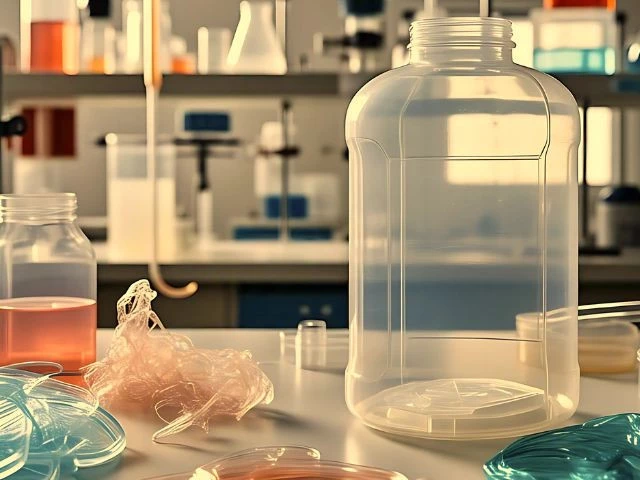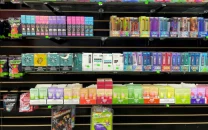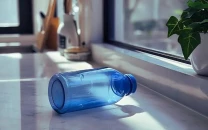Eco-friendly plastics may not be as safe as believed, scientists warn
A growing industry faces new questions about long-term safety risks.

Starch-based bioplastics, often marketed as sustainable and biodegradable alternatives to petroleum-based plastics, may pose similar health risks, new peer-reviewed research has found.
Scientists who studied the effects of long-term exposure to bioplastics in mice reported toxic effects on organs, genetic functions, and gut bacteria – similar to those caused by conventional plastic.
The findings challenge the perception of bioplastics as a safer, eco-friendly alternative, especially as their use becomes more widespread in products such as fast fashion, cutlery, straws, and wet wipes.
“Biodegradable starch-based plastics may not be as safe and health-promoting as originally assumed,” said Yongfeng Deng, one of the study’s authors.
In the three-month study, mice were fed food and water contaminated with what researchers described as “environmentally relevant” levels of bioplastics. Control groups received no bioplastic exposure.
The researchers found plastic-related chemicals in the liver, ovaries, and intestines of exposed mice. These caused microlesions, organ abnormalities, gut microbiota disruption, and affected metabolic and genetic pathways.
The changes were more severe in mice exposed to higher levels of bioplastics. Disruptions in gut bacteria were linked to increased risk of cardiovascular disease and alterations in glucose levels.
The researchers said their study is the first to confirm the adverse effects of long-term exposure to bioplastics in mice, and urged further investigation into potential risks for humans.
Plastic, including bioplastics, can shed into the environment as microplastics and micro-bioplastics, and previous studies have raised concerns about their presence in food and water.
Despite their green image, bioplastics do not break down as quickly or as safely as often advertised, and the sector remains poorly regulated in terms of chemical safety.
More than 2.5 million metric tonnes of bioplastics were produced globally last year, a figure expected to more than double in five years, according to industry estimates.

























COMMENTS
Comments are moderated and generally will be posted if they are on-topic and not abusive.
For more information, please see our Comments FAQ